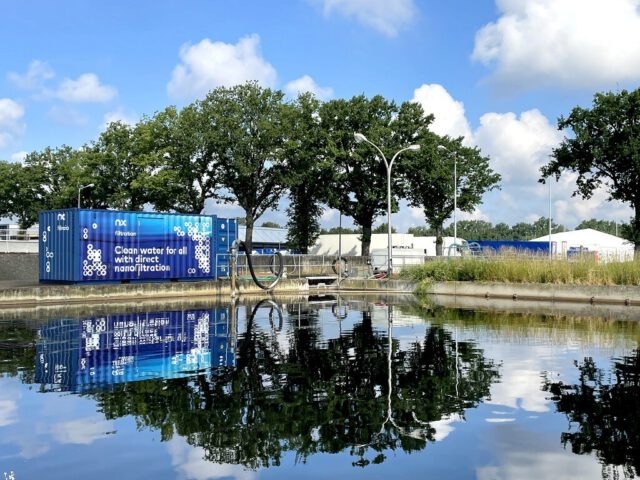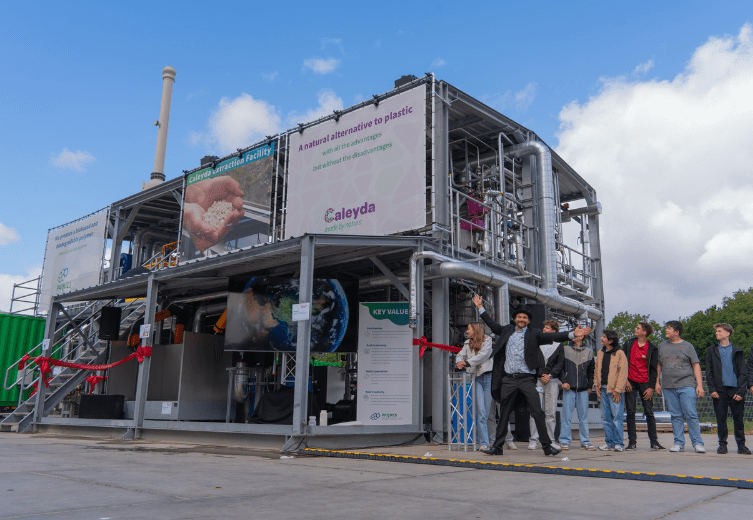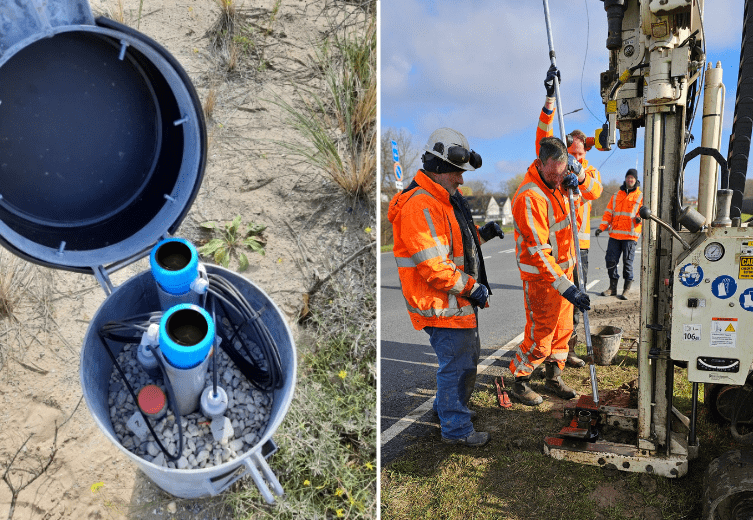Dutch water research institute KWR, performed full-scale tests on PFAS retention of Water Alliance member NX Filtration’s direct nanofiltration (dNF) membranes. These have proven to be an effective and sustainable solution to facilitate the removal of PFAS, with an average retention of approximately 95% for representative PFAS groups.
PFAS, or per- and polyfluoralkyl substances, are manmade substances used in many industries and products. PFAS are not biodegradable and are therefore referred to as ‘forever chemicals’, posing highly negative effects on the environment and human health. KWR conducted a series of long-term tests with NX Filtration’s dNF membranes on the retention of representative subsets of PFAS that are commonly seen in real life situations. KWR based it tests on both surface water (from the Lekkanaal in the Netherlands) and on biologically treated effluent from a municipal wastewater treatment plant.
These tests demonstrate that NX Filtration’s dNF membranes are a very effective and sustainable solution to facilitate the removal of PFAS. The average retention of PFAS20, a group of substances on the EU monitor to be regulated, was 94.7%. The average retention of PFAS4, a group of substances that Sweden will be using in its legislation, was 94.6%.
dr.ir. Emile Cornelissen, Senior Researcher at KWR comments: “We concluded that both NX Filtration’s dNF40 and dF80 membranes showed a high (respectively 99% and 81%) removal of individual PFAS compounds from a wide range of commonly seen PFAS molecules. Both membranes provided a robust barrier for PFAS in a real-life test setting, based on both surface water and
wastewater. We believe the membranes can play a significant role in addressing the increasing need to remove PFAS from our water sources and environment”
Erik Roesink, Founder and Chief Technology Officer at NX Filtration, adds: “We are very passionate to contribute to address the ever-growing issues with PFAS in our water sources. This research by KWR provides a detailed and independent external perspective to our capabilities to retain PFAS. Our direct nanofiltration technology is very effective in removing micropollutants, including PFAS, with very low energy and chemicals consumption compared to alternative technologies.”
Please see PFAS retentions of direct nanofiltration validated by KWR – NX Filtration for the detailed results of the KWR research.




